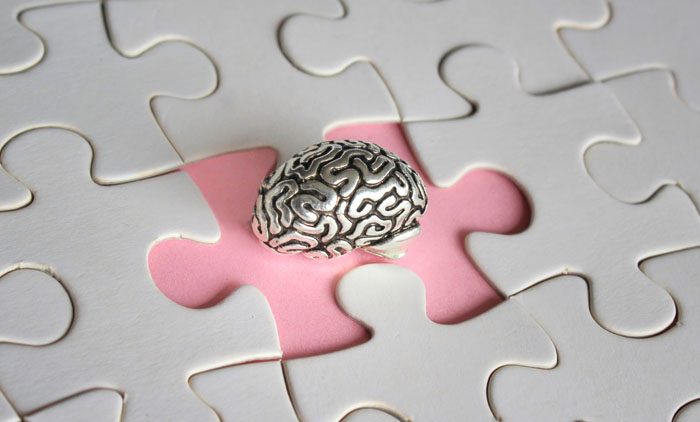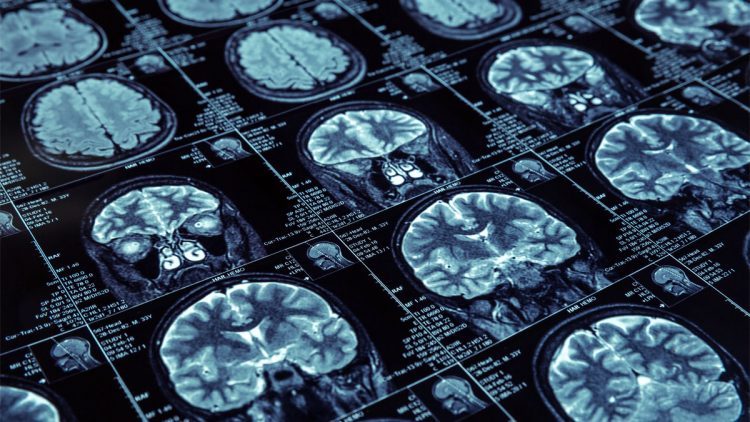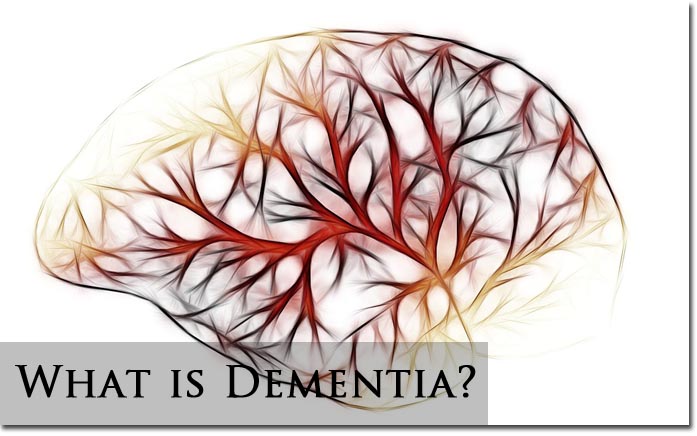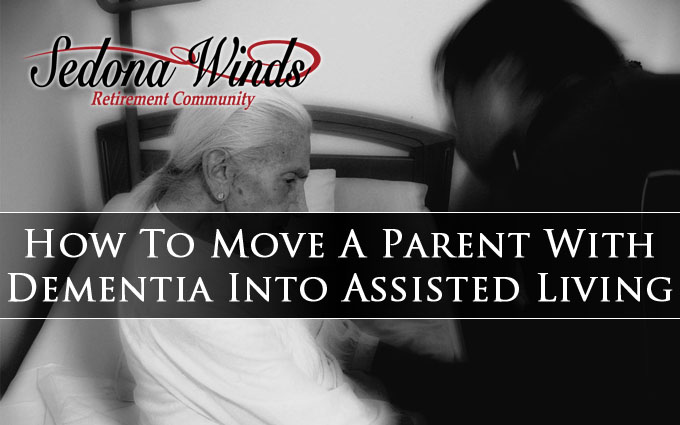What Are The First Signs Of Dementia
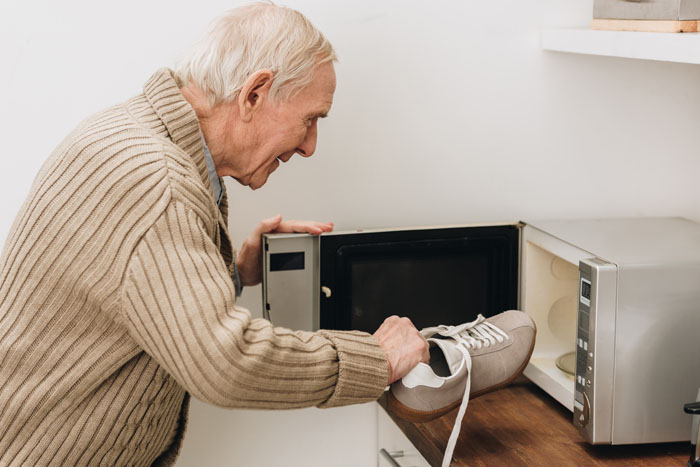
The first signs of dementia can be subtle and vary depending on the type, but they generally involve changes in memory, thinking, and behavior that interfere with daily life. Recognizing these early can help with early diagnosis and better management.
🧠 Common Early Signs of Dementia
1. Memory Loss That Disrupts Daily Life
-
Forgetting recent events or conversations
-
Repeating questions or stories
-
Relying more on memory aids (notes, family reminders)
2. Difficulty Planning or Solving Problems
-
Trouble managing finances or paying bills on time
-
Difficulty following a recipe or simple instructions
-
Slower or more confused decision-making
3. Trouble with Familiar Tasks
-
Getting lost while driving familiar routes
-
Confusion when using household appliances
-
Problems with dressing or grooming
4. Confusion About Time or Place
-
Losing track of dates, seasons, or passage of time
-
Forgetting where they are or how they got there
5. Problems with Words or Language
-
Difficulty finding the right words
-
Calling things by the wrong name (e.g., “watch” instead of “clock”)
-
Struggling to follow or join conversations
6. Poor Judgment or Decision-Making
-
Giving away large sums of money
-
Wearing inappropriate clothing for the weather
-
Falling for scams or making risky decisions
7. Misplacing Things & Losing the Ability to Retrace Steps
-
Putting items in odd places (e.g., wallet in the fridge)
-
Accusing others of stealing when they can’t find something
8. Mood or Personality Changes
-
Increased anxiety, depression, or irritability
-
Becoming withdrawn, suspicious, or fearful
-
Losing interest in hobbies or social activities
9. Difficulty Understanding Visual Images or Spatial Relationships
-
Trouble reading, judging distance, or identifying colors/contrast
-
Problems with driving or navigating stairs
10. Withdrawal from Work or Social Activities
-
Avoiding friends or family
-
Less interest in events or conversations
-
Feeling overwhelmed in group settings
🚨 When to Seek Help
If you or a loved one is showing multiple signs, it’s wise to consult a doctor or neurologist. While some memory issues can be caused by medications, stress, or vitamin deficiencies, early detection of dementia allows for:
-
Earlier treatment
-
Planning for the future
-
Slower progression in some cases
Why Is Dementia On The Increase?
Dementia rates are increasing globally due to a combination of demographic, environmental, and lifestyle factors. Here’s an overview of the primary contributors:
🧓 1. Aging Population
The most significant factor is the aging global population. As life expectancy rises, more individuals reach ages where dementia is more prevalent. In the U.S., the number of people living with dementia is projected to double in the coming decades, with new cases expected to reach approximately 1 million annually by 2060 .MarketWatch+2ABC News+2NYU Langone Health+2
🧬 2. Increased Awareness and Diagnosis
Better recognition and diagnosis of dementia have led to higher reported cases. Previously, many individuals with early-stage dementia went undiagnosed, but advancements in medical understanding and diagnostic tools have improved detection rates .alzheimersorg
🌍 3. Environmental and Lifestyle Factors
-
Air Pollution: Recent studies have linked exposure to fine particulate matter (PM2.5) and soot to an increased risk of dementia. Every 10 micrograms per cubic meter increase in PM2.5 is associated with a 17% rise in dementia risk .The Guardian
-
Vision and Hearing Impairments: Untreated vision and hearing loss have been identified as modifiable risk factors for dementia. Addressing these impairments can potentially prevent or delay up to 2% of dementia cases worldwide .San Francisco Chronicle
-
Sleep Patterns: Disruptions in sleep, particularly delayed entry into REM sleep, have been associated with an increased risk of Alzheimer’s disease. REM sleep is crucial for memory consolidation and the removal of toxic proteins from the brain .New York Post
🧠 4. Modifiable Health Risk Factors
Conditions such as high blood pressure, diabetes, obesity, depression, and smoking contribute significantly to dementia risk. The Centers for Disease Control and Prevention (CDC) reports that nearly half of adults aged 45 and older have at least one of these risk factors .CDC
🔬 5. Genetic and Biological Factors
Genetic predispositions, such as carrying the APOE ε4 allele, increase the risk of developing dementia. Additionally, women and certain racial and ethnic groups, including Black and Hispanic Americans, are at higher risk .MarketWatchNational Institute on Aging
🧩 6. Social Determinants of Health
Socioeconomic factors, including education, income, and access to healthcare, play a role in dementia risk. Lower educational attainment and limited access to healthcare services are associated with higher dementia rates .
✅ Preventive Measures
While the rising dementia rates are concerning, certain lifestyle changes can mitigate risk:
-
Engage in regular physical activity to improve cardiovascular health.
-
Maintain a healthy diet, such as the Mediterranean diet, rich in fruits, vegetables, and healthy fats.
-
Ensure adequate sleep and address sleep disorders.New York Post+2PRB+2The Times of India+2
-
Manage chronic conditions like hypertension and diabetes.CDC+1San Francisco Chronicle+1
-
Stay socially and mentally active through activities that stimulate the brain.
Implementing these strategies can help reduce the individual risk of developing dementia.JAMA Network+2CDC+2dementiasplatform.uk+2
Find Retirement Communities In Sedona
Sedona Winds Retirement Community offers independent living in Sedona, Arizona, can help! Call us today at (928) 496-6547 and learn more about our facility and what we have to offer today’s seniors.


